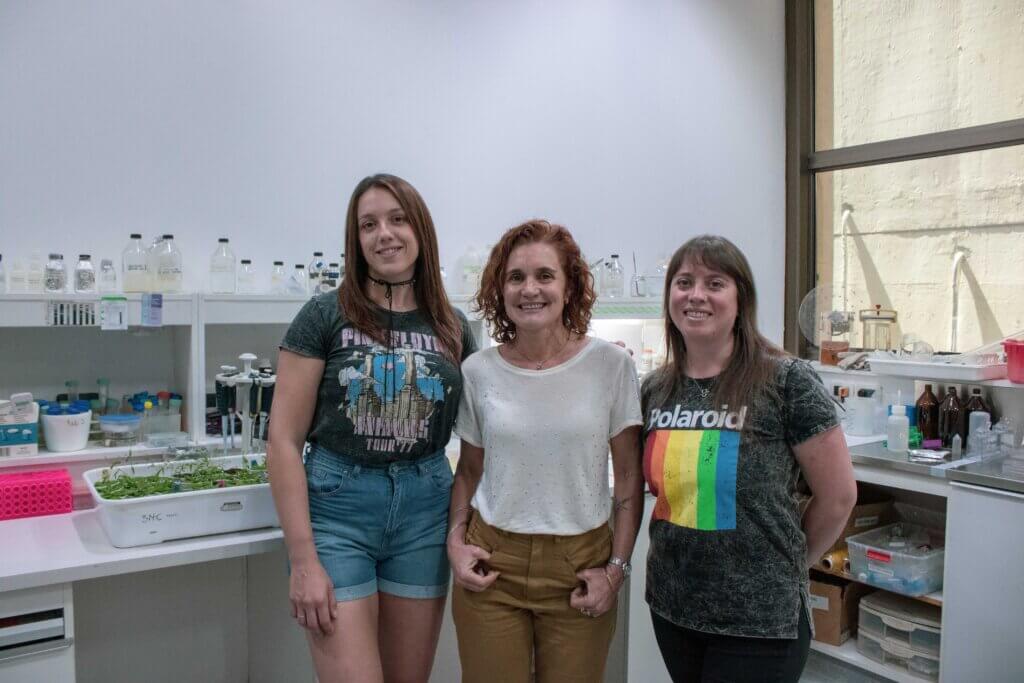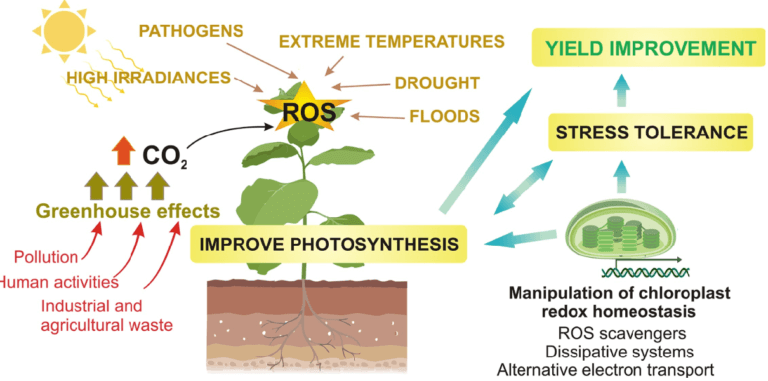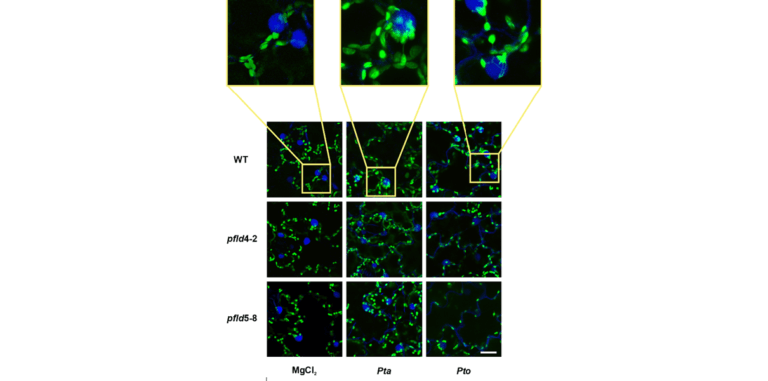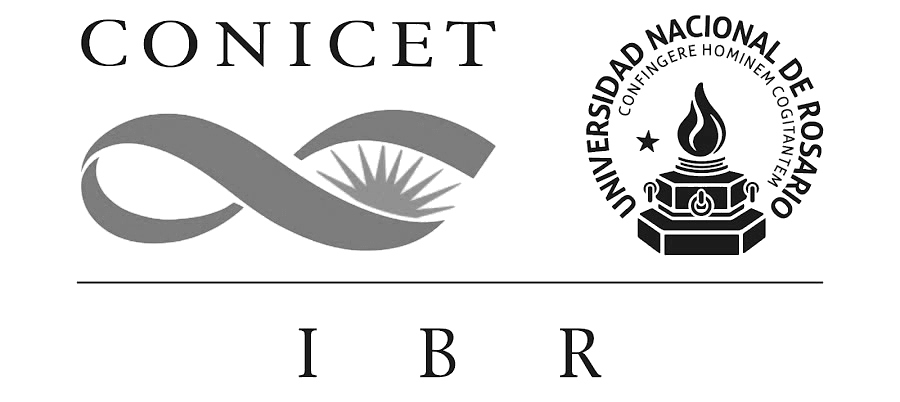Other Research
MOLECULAR PHYSIOLOGY OF CROPS
summary
Climate change increases the intensity of environmental stress, such as drought and heat waves, affecting photosynthesis and crop growth, which are essential for a growing population. The redox metabolism of the chloroplast, including photosynthetic electron transport and reductive CO2 assimilation, are primary targets of stress conditions, leading to excessive excitation pressure, photodamage, and the propagation of reactive oxygen species. These alterations in the redox state generate signals from chloroplasts that modulate plant responses to adverse environmental conditions.
The project aims to optimize alternative energy dissipation and photoprotection processes by studying conserved and organism-specific strategies in photosynthetic systems to better understand and manipulate photosynthesis. This effort seeks to enhance crop productivity and resilience to address the adverse climatic conditions forecasted.

Email: lodeyro@ibr-conicet.gov.ar
Images of our research lines


PUBLICATIONS AND PATENTS
Photosynthetic characterization of flavodoxin-expressing tobacco plants reveals a high light acclimation-like phenotype.
Photosynthetic characterization of flavodoxin-expressing tobacco plants reveals a high light acclimation-like phenotype.
Expression of Flavodiiron Proteins Flv2-Flv4 in Chloroplasts of Arabidopsis and Tobacco Plants Provides Multiple Stress Tolerance.
Expression of Flavodiiron Proteins Flv2-Flv4 in Chloroplasts of Arabidopsis and Tobacco Plants Provides Multiple Stress Tolerance.
Photosynthesis and chloroplast redox signaling in the age of global warming: stress tolerance, acclimation, and developmental plasticity.
Photosynthesis and chloroplast redox signaling in the age of global warming: stress tolerance, acclimation, and developmental plasticity.
Targeting of flavodoxin to chloroplasts of mesophyll but not bundle sheath maize cells confers increased drought tolerance.
Targeting of flavodoxin to chloroplasts of mesophyll but not bundle sheath maize cells confers increased drought tolerance.
Introduction of a terminal electron sink in chloroplasts decreases leaf cell expansion associated with higher proteasome activity and lower endoreduplication.
Introduction of a terminal electron sink in chloroplasts decreases leaf cell expansion associated with higher proteasome activity and lower endoreduplication.
Sede CCT Rosario
Ocampo y Esmeralda, Predio CONICET-Rosario
2000 Rosario, Santa Fe, Argentina
Tel. 54-341-4237070 / 4237500 / 4237200
Sede Facultad de Ciencias Bioquímicas y Farmacéuticas
Universidad Nacional de Rosario - Suipacha 531
2000 Rosario, Santa Fe, Argentina
Tel. +54 341 4350596 / 4350661 / 4351235
🔬 El IBR suma 9 proyectos seleccionados en Investigación Orientada 2025 de @ProduccionSF y @CienciaSantaFe.
Biotecnología, salud y sostenibilidad para fortalecer el vínculo entre ciencia, innovación y desarrollo territorial.

